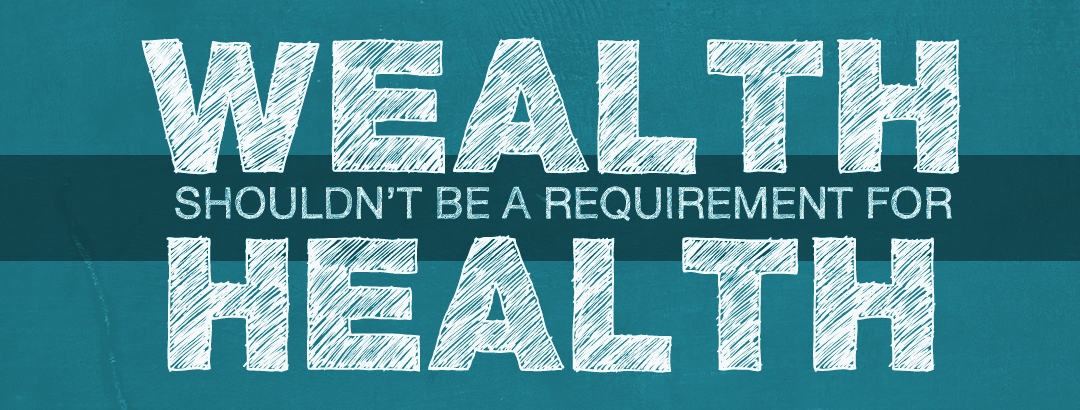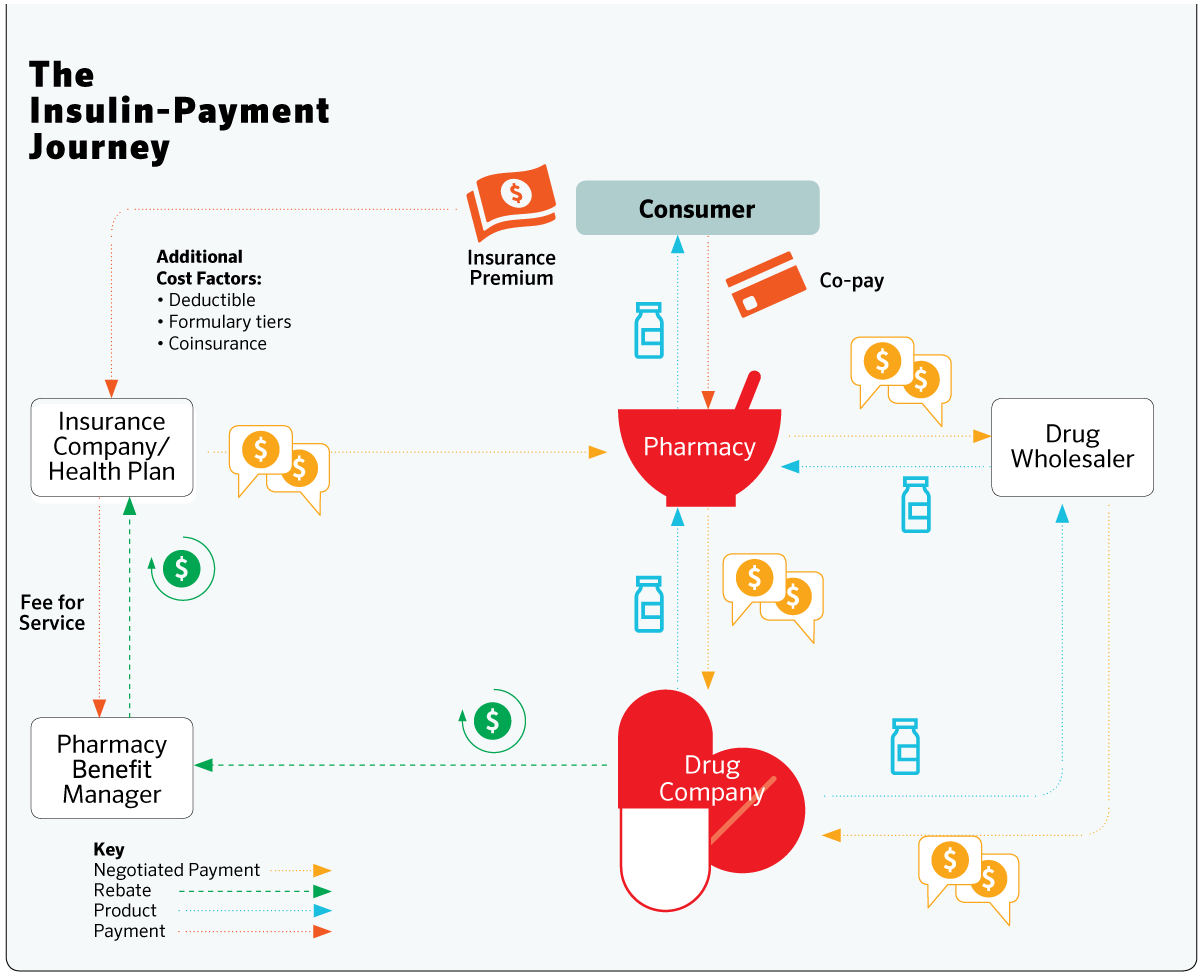
Without insulin, many people with diabetes (PWDs) would die. Its not a luxury item; its a necessity. Endocrinologist Dr. Silvio Inzucchi estimates in someone with 0% insulin production, theyll begin to fall ill within 12-24 hours after last insulin injection, depending on its duration of effectand mortal outcomes would likely occur within days to perhaps a week or two.
Worldwide
According to the World Health Organization (WHO), access to essential medicines is supported by international human rights law (WHO Constitution, 1946 & Universal Declaration of Human Rights,1948).
T1International is a non-profit advocating for access to insulin, diabetes supplies, medical care and education for all people living with type 1 diabetes around the world. They cite several studies:
non-profit advocating for access to insulin, diabetes supplies, medical care and education for all people living with type 1 diabetes around the world. They cite several studies:
- 50% of people around the world in need of insulin cannot reliably access it because it is unavailable, unaffordable, or both (2015)
- The average annual per-patient cost of insulin in the USA has increased from $231 to $736 in the last 10 years (2016)
- Out-of-pocket costs vary between countries, and people around the world pay between 0% and 118% of monthly incomes to pay for insulin (2016)
United States
With recent headlines like, Insulin Prices Are Skyrocketing in Time Magazine, or Treating Diabetes Keeps Getting More Expensive in the Washington Post, an issue that has concerned diabetes advocates for years the rising cost of insulin and the impact that cost has on people living with diabetes is starting to gain exposure.
The exposure intensified last week when Senator Bernie Sanders used Twitter to express his opinions on the drastic increase in insulin cost over the past eight years.
The average price of insulin has gone up by more than 200% in the last 8 years. That type of greed must end. pic.twitter.com/Inyy9NYa7H
Bernie Sanders (@SenSanders) November 4, 2016
The insulin price increase statistics that both T1International and Sen. Sanders are using come from a study published by the Journal of the American Medical Association last April. The study says that the annual cost of insulin per patient rose from $231 in 2002 to $736 in 2013.
The Diabetes Community
For those of us living with diabetes, this is not surprising news to us. There is currently no generic insulin on the U.S. market because incremental improvements have kept insulin under patent until 2014.
The first follow-on (like a biosimilar) version of insulin is set to launch this December, which because of its interchangeability to already-approved insulin, would allow quicker FDA approval and fewer clinical trials, resulting in lower end costs. This is expected to be a sign of relief; in other countries, biosimilars have noted a 15-20% price reduction. One follow-on insulin is approved in the U.S., and other insulin manufacturers are working on developing others.
While many diabetes advocates support innovation towards better-performing insulin, newer brand name insulins are cost-prohibitive for many. Diabetes Mom and Advocate Niki Nichols conducted an insulin price analysis, which makes the case that pharmaceutical companies are not the only players making price decisions. Like Mike Hoskins at DiabetesMine, we agree that this is all crazy complicated. No one seems to have the complete picture, and the modus operandi seems to be to just point fingers and pass on the blame. We support transparency as a first step to help uncover how pharmacy benefit managers, costs of maintaining health plans, and other complex factors are reported to contribute to high costs of insulin:

To put it simply, healthcares severe under-performance is a complex issue, and because of its staggering prices, has leaders in both political parties paying serious concern for the future of healthcare in the United States. As healthcare thought leader Dave Chase describes, Medical expenses are the number one driver of bankruptcy (even for those with health insurance)Both the NY Times and the nonpartisan Center on Budget and Policy Priorities have reported on the tragic consequences of the spending on healthcare waste and over-treatment while roads, airports, bridges and rails fall apart.
At Diabetes Advocates:
- We respect innovation, and understand that the companies that make insulin need to continue to fund research on new drugs and science.
- We believe that the healthcare challenges our country faces are complex, and require transparency and serious collaboration to solve.
- We respect people with diabetes, and believe it is a human right for PWDs to have access to healthcare and insulin at an affordable price.
Things you can do
Worldwide: Sign T1DInternationals charter to promote access to insulin worldwide.
Nationally:
- Share your story for the chance to be featured on The Big Heist, a non-partisan documentary looking at the consequences of healthcares underperformance and what it would take to get to Health 3.0.
- Join the conversation with us on TuDiabetes regarding your access to insulin and access to quality healthcare so we can best represent you, the diabetes community, in the coming months when we meet with healthcare stakeholders. What concerns or fears do you have? What suggestions do you have? Are you willing to be more involved?
Post-Election: Affordable Care Act
Heightening last night, the Diabetes Online Community shares concerns about the proposed repeal of the Affordable Care Act (ACA) which could impact some peoples access to healthcare and insulin:
If the ACA gets taken away how am I gonna afford my insulin? Thats $600 A BOTTLE without insurance. I cant afford that!
Noelain ?? (@noelain_mariee) November 9, 2016
@Pcleme3Pdc 33 years of #insulin and I can barely afford it even with #ACA#insurance
Me~Melanie (@mellyanny) November 3, 2016
Donald Trump campaigned on the platform and plan: [o]n day one of the Trump Administration, we will ask Congress to immediately deliver a full repeal of ObamacareWe will work with Congress to make sure we have a series of reforms ready for implementation that follow free market principles. As we dont know what that proposal would look like, well have to watch in the early months of 2017, and see how that plays out for PWDs, their access to insulin, and their ability to purchase affordable healthcare with an existing condition. The good news is that healthcare is front and center for both parties, and Trump has mentioned his support of patient-centered healthcare, transparency, and Medicare price negotiations. This week, we are in Washington, D.C. with other patient groups, stakeholders, and leaders to begin to make headway on the drug pricing issue. We will represent the PWDs in our community, their concerns, make sure everyone is included in the conversations, and report quality information as the future unfolds. Follow us @D_Advocates for up-to-date information.

